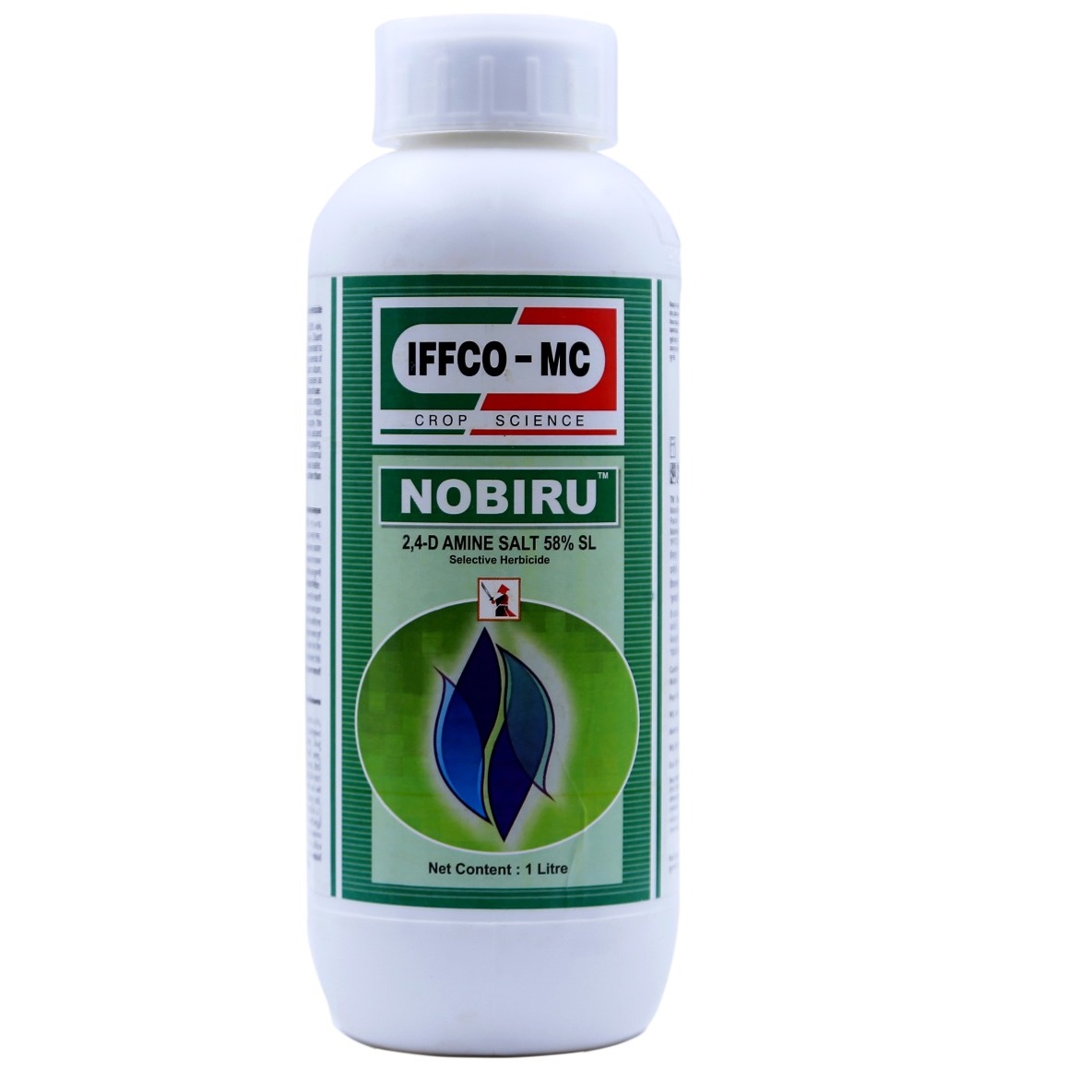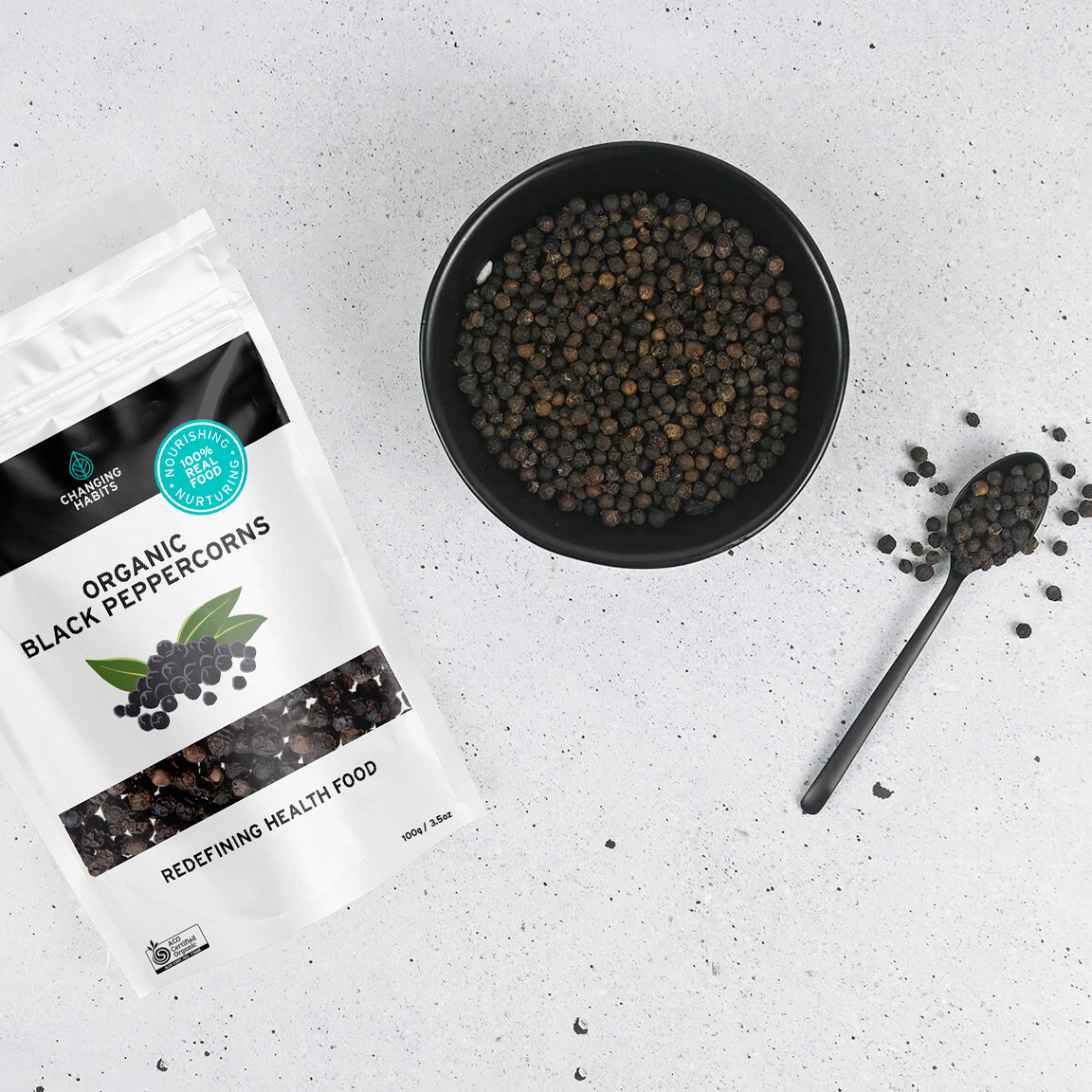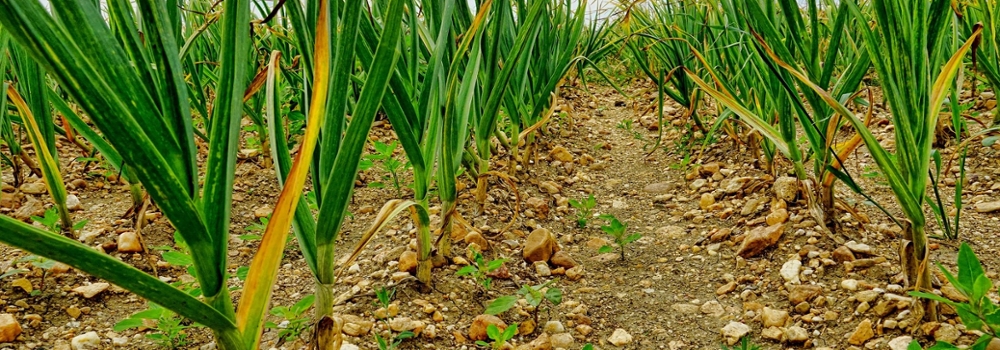Best Herbicide For
Title: The Best Herbicide for Your Lawn
Introduction:
A lush, green lawn is the dream of many homeowners. But weeds can quickly ruin that dream. If you're looking for the best herbicide for your lawn, you've come to the right place. In this blog post, we'll discuss the different types of herbicides available, as well as the pros and cons of each. We'll also recommend some of the best herbicides on the market.
Main Content:
There are two main types of herbicides: pre-emergent and post-emergent. Pre-emergent herbicides prevent weeds from germinating in the first place. Post-emergent herbicides kill weeds that have already sprouted.
Pre-emergent herbicides are typically applied in the spring or fall, before weeds have a chance to germinate. They work by blocking the growth of new weeds. Some common pre-emergent herbicides include:
- Preen Garden Weed Preventer
- Scotts Halts Crabgrass Preventer
- Barricade Crabgrass Preventer
Post-emergent herbicides are typically applied to existing weeds. They work by killing the weed's leaves, stems, and roots. Some common post-emergent herbicides include:
- Ortho Weed B Gon
- Roundup
- Spectracide Weed Stop
When choosing a herbicide, it's important to consider the type of weeds you have, the size of your lawn, and your budget. You should also read the label carefully and follow the directions exactly.
Here are some additional factors to consider when choosing a herbicide:
- The type of weeds you have: Some herbicides are more effective against certain types of weeds than others. For example, glyphosate is a good choice for killing broadleaf weeds, but it won't kill grasses.
- The size of your lawn: If you have a small lawn, you can probably get away with using a small bottle of herbicide. But if you have a large lawn, you'll need to buy a larger bottle.
- Your budget: Herbicides can range in price from a few dollars to over $100. It's important to find a herbicide that fits your budget.
Conclusion:
The best herbicide for your lawn will depend on a variety of factors. By considering the type of weeds you have, the size of your lawn, and your budget, you can find the best herbicide for your needs.
Here are some additional tips for using herbicides safely and effectively:
- Always wear gloves and eye protection when applying herbicides.
- Apply herbicides on a calm day, when there is no wind.
- Do not apply herbicides on windy days, as the herbicide could drift onto unintended areas.
- Read the label carefully and follow the directions exactly.
- Do not apply more herbicide than is necessary.
- Avoid applying herbicides to areas where children or pets play.
- Rinse off any herbicide that gets on your skin or clothes immediately.
Are you looking for the best herbicide to control weeds in your lawn or garden? Visit Home Gardening for more information. Our experts can help you choose the right herbicide for your needs, and they can also provide advice on how to apply it safely and effectively.
FAQ of best herbicide
- What is the best herbicide?
There is no one-size-fits-all answer to this question, as the best herbicide for you will depend on a number of factors, including the type of weeds you are trying to control, the size of the area you need to treat, and your budget. However, some of the most effective herbicides on the market include:
* Glyphosate: This is a non-selective herbicide that kills all types of plants, including grasses, broadleaf weeds, and trees. It is commonly used for spot treatments and large-scale applications.
* Roundup: This is a brand name of glyphosate.
* 2,4-D: This is a selective herbicide that kills broadleaf weeds but does not harm grasses. It is commonly used for lawn care and garden applications.
* Weed B Gon: This is a brand name of 2,4-D.
* Diquat: This is a contact herbicide that kills weeds on contact. It is commonly used for spot treatments and foliar applications.
* Garlon 4 Ultra: This is a brand name of diquat.
- How do I choose the right herbicide for my needs?
When choosing an herbicide, it is important to consider the following factors:
* The type of weeds you are trying to control.
* The size of the area you need to treat.
* The time of year.
* The weather conditions.
* Your budget.
You should also read the label carefully and follow all instructions before using any herbicide.
- How do I apply herbicides safely?
When applying herbicides, it is important to take the following safety precautions:
* Wear protective clothing, including long sleeves, pants, gloves, and a hat.
* Apply the herbicide in a well-ventilated area.
* Avoid contact with the herbicide.
* Wash your skin and clothing thoroughly after applying the herbicide.
* Keep herbicides out of reach of children and pets.
- What are the environmental impacts of herbicides?
Herbicides can have a number of environmental impacts, including:
* Killing non-target plants.
* Runoff into waterways, which can harm fish and other aquatic life.
* Leaching into the soil, which can contaminate groundwater.
* Persistent in the environment, which can build up in plants and animals.
It is important to use herbicides only when necessary and to follow the label instructions carefully to minimize their environmental impact.
- Are there any natural alternatives to herbicides?
There are a number of natural alternatives to herbicides, including:
* Mulching: This can help to suppress weeds by blocking sunlight and moisture.
* Hand weeding: This is a time-consuming but effective way to remove weeds.
* Flame weeding: This uses a flame to kill weeds.
* Boiling water: This can be used to kill weeds in small areas.
* Vinegar: This can be used to kill weeds, but it is not as effective as some other methods.
Natural alternatives to herbicides may not be as effective as chemical herbicides, but they are generally safer for the environment and your health.
Image of best herbicide
- Vinegar: Vinegar is a natural herbicide that can kill weeds on contact. It is effective against a wide variety of weeds, including dandelions, clover, and crabgrass. To use vinegar as a herbicide, simply mix equal parts vinegar and water in a spray bottle. Apply the mixture to the leaves of the weeds, being sure to get the undersides of the leaves as well. The vinegar will kill the weeds within a few days.
- Salt: Salt is another natural herbicide that can kill weeds. It is especially effective against broadleaf weeds, such as plantain and chickweed. To use salt as a herbicide, simply sprinkle it on the leaves of the weeds. The salt will draw moisture out of the leaves, causing the weeds to die.

- Boiling water: Boiling water is a quick and easy way to kill weeds. Simply pour boiling water directly onto the leaves of the weeds. The boiling water will kill the weeds instantly.

- Cornmeal: Cornmeal is a natural herbicide that can kill crabgrass. To use cornmeal as a herbicide, simply sprinkle it on the crabgrass. The cornmeal will block the sunlight from reaching the crabgrass, causing it to die.
- Black pepper: Black pepper is a natural herbicide that can kill weeds. It is especially effective against dandelions. To use black pepper as a herbicide, simply sprinkle it on the dandelions. The black pepper will irritate the dandelions and cause them to die.

- Coffee grounds: Coffee grounds are a natural herbicide that can kill weeds. They are especially effective against broadleaf weeds. To use coffee grounds as a herbicide, simply sprinkle them around the base of the weeds. The coffee grounds will acidify the soil, making it difficult for the weeds to grow.

- Epsom salt: Epsom salt is a natural herbicide that can kill weeds. It is especially effective against weeds that have a deep taproot, such as dandelions and burdock. To use Epsom salt as a herbicide, simply sprinkle it around the base of the weeds. The Epsom salt will draw moisture out of the taproot, causing the weeds to die.
- Lemon juice: Lemon juice is a natural herbicide that can kill weeds. It is especially effective against weeds with broad leaves, such as plantain and chickweed. To use lemon juice as a herbicide, simply mix equal parts lemon juice and water in a spray bottle. Apply the mixture to the leaves of the weeds, being sure to get the undersides of the leaves as well. The lemon juice will kill the weeds within a few days.

- Garlic: Garlic is a natural herbicide that can kill weeds. It is especially effective against weeds with broad leaves, such as plantain and chickweed. To use garlic as a herbicide, simply crush a few cloves of garlic and mix them with water. Apply the mixture to the leaves of the weeds, being sure to get the undersides of the leaves as well. The garlic will kill the weeds within a few days.


Post a Comment for "Best Herbicide For"